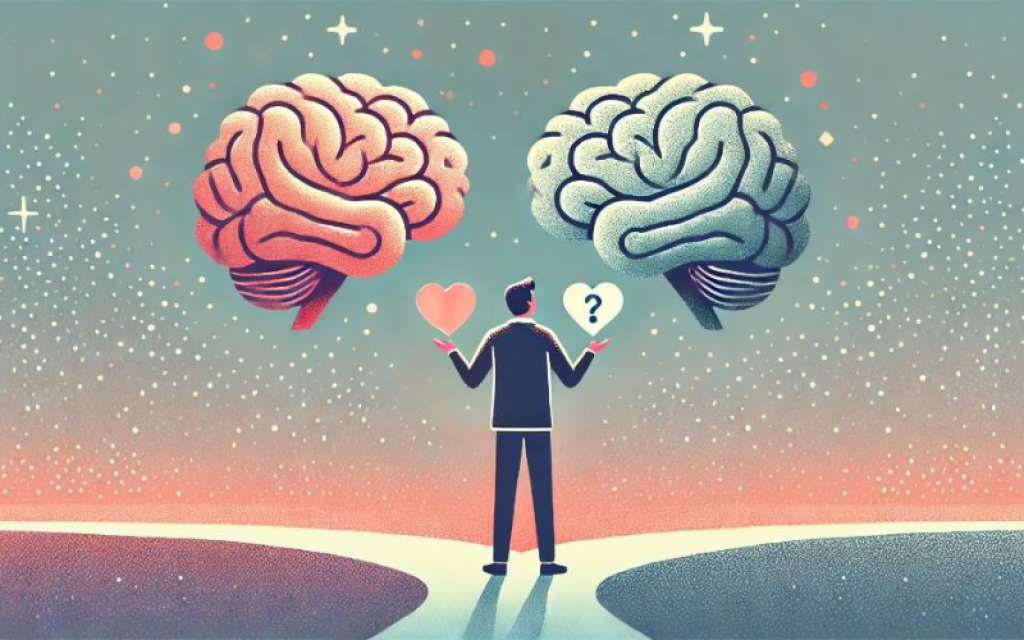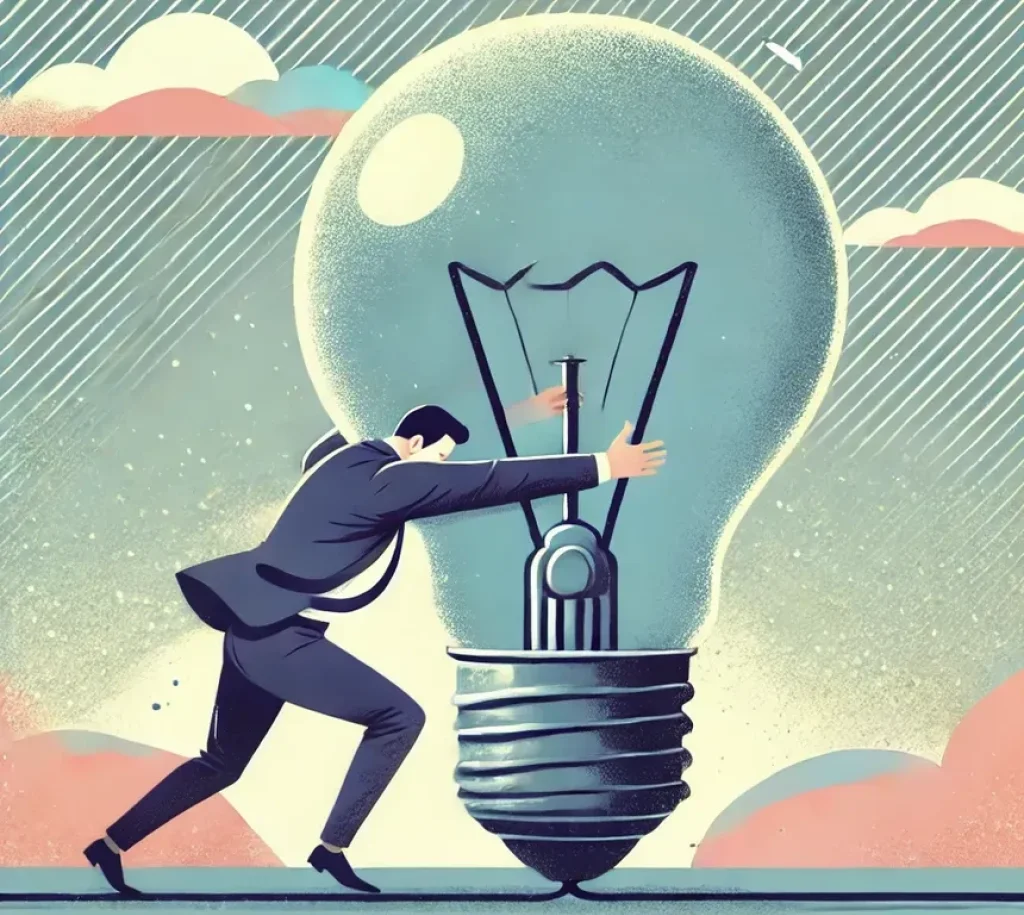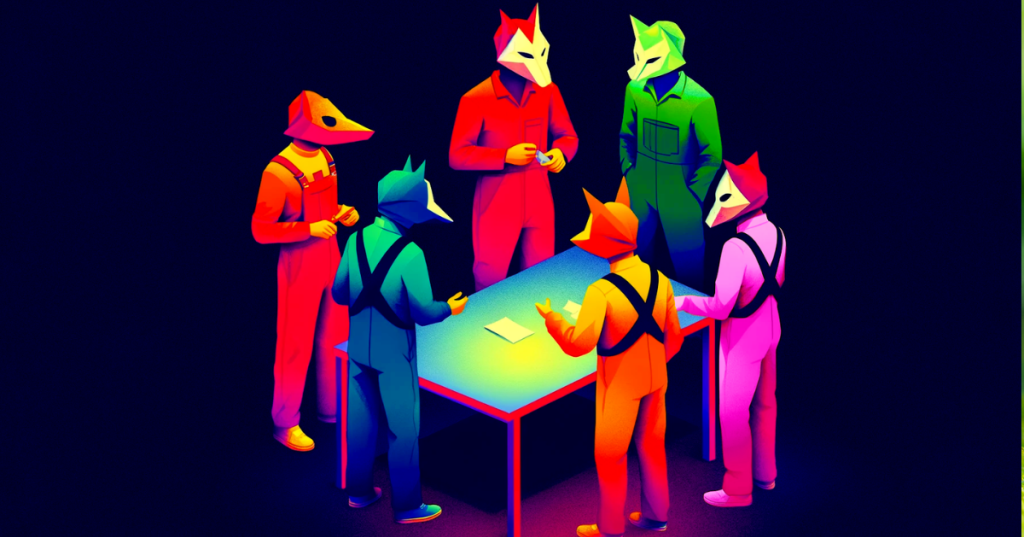The real challenge in transformation isn’t strategy. It’s people.
You can adopt new tools, redefine your business model or pivot your strategy overnight. But without a shift in organisational culture, behaviours and mindsets, change will not stick. Most transformations fail not because the vision is flawed, but because the people within the organisation have not changed how they think, act or relate to one another.
In a world defined by disruption, it is those who evolve, not just structurally but culturally, who stay ahead.
Why Culture, Behaviour and Mindset Matter
Culture is the invisible operating system of an organisation. It shapes how decisions are made, how people behave under pressure, and what is rewarded or ignored. Mindsets are the mental models behind those behaviours - the beliefs, biases and assumptions people carry into every interaction.
When culture and mindset are misaligned with strategy, resistance to change is inevitable. For example, a business may declare it wants to be innovative, but if the culture punishes failure and micromanages risk, innovation will remain surface-deep.
Behavioural science backs this up. Studies show that sustainable change happens when people are emotionally and cognitively engaged, not just directed. As McKinsey notes, “transformation is 30 percent tech and 70 percent culture”.
The Core Shifts Organisations Need to Make
From Compliance to Curiosity
Create a culture where questions are encouraged, not silenced. Curiosity leads to continuous learning, creativity and problem solving.From Control to Empowerment
Leaders need to move from command and control to coaching and trust. Empowered teams are more agile and accountable.From Fixed to Growth Mindset
Encourage the belief that skills can be developed. Carol Dweck’s research shows that teams with a growth mindset perform better, take on more challenges and bounce back from setbacks faster.From Siloes to Shared Purpose
High-performing cultures align around a shared vision. Break down functional siloes to build cohesion and collective ownership of outcomes.From Performative to Authentic Leadership
Leaders set the tone. When they are transparent, vulnerable and values-driven, others follow suit.
How to Make These Shifts Happen
Change does not come from a one-off training session. It takes a sustained, multi-layered approach:
Start with Leadership
Transformation starts at the top. Leaders must model the behaviours and mindsets they want to see. This means investing in their own development first.Create Safe Spaces for Experimentation
Encourage a culture of testing and learning. Celebrate intelligent failure. The fastest learners are the future winners.Embed New Norms in Daily Practice
Rituals, language, meeting formats and recognition systems should reinforce the cultural shift. Culture change happens when the new way becomes the normal way.Use Play and Simulation to Build Muscle Memory
One of the most effective ways to shift behaviour is to immerse people in scenarios that replicate real pressure and complexity. Game-based learning does exactly this, helping teams practise decision-making, collaboration and leadership in safe, engaging environments.
Why FLG Is Part of the Solution
At Future Learning Group, we understand that transformation is about people first. Our immersive, game-based learning programmes go beyond theory to build real cognitive agility and behavioural change.
Whether it is strengthening crisis response, enabling empowered teams or building future-fit leadership, we deliver learning experiences that help organisations hardwire new habits and unlock collective intelligence.
Explore our suite of FLG programmes:
Empowered Teams
Disruptive Leadership
Future Fit
Crisis Response
🔗 Learn more about our approach to behaviour and mindset change.
📩 Get in touch to discuss how FLG can support your organisational transformation: Contact Us



